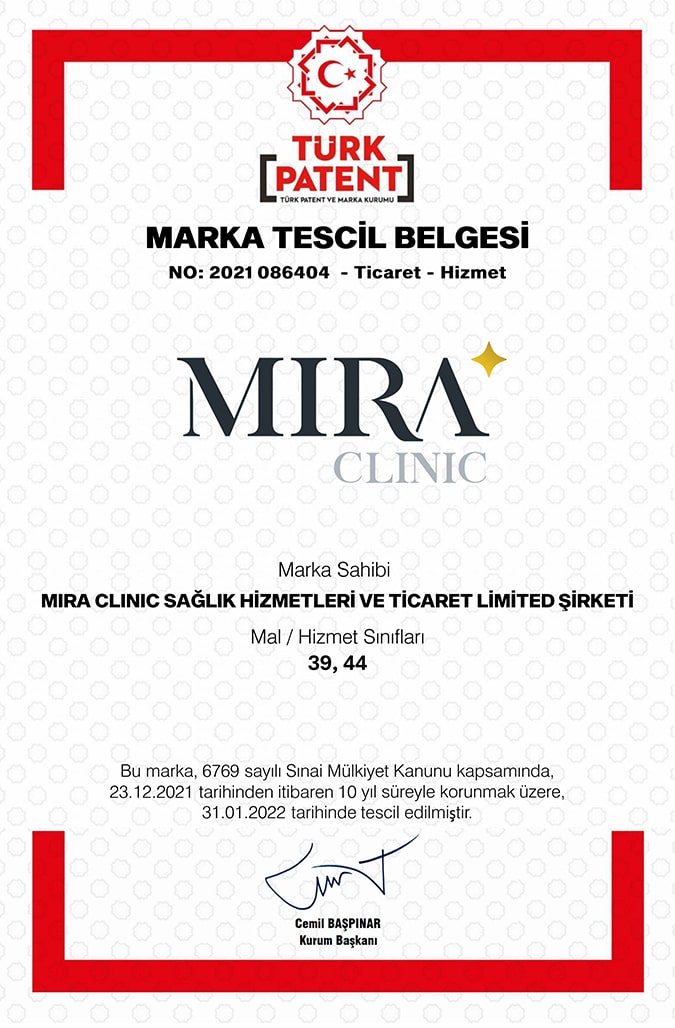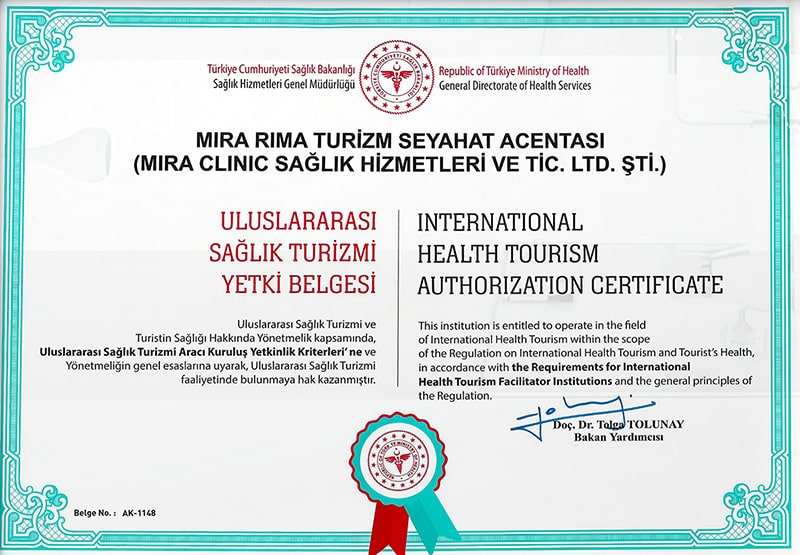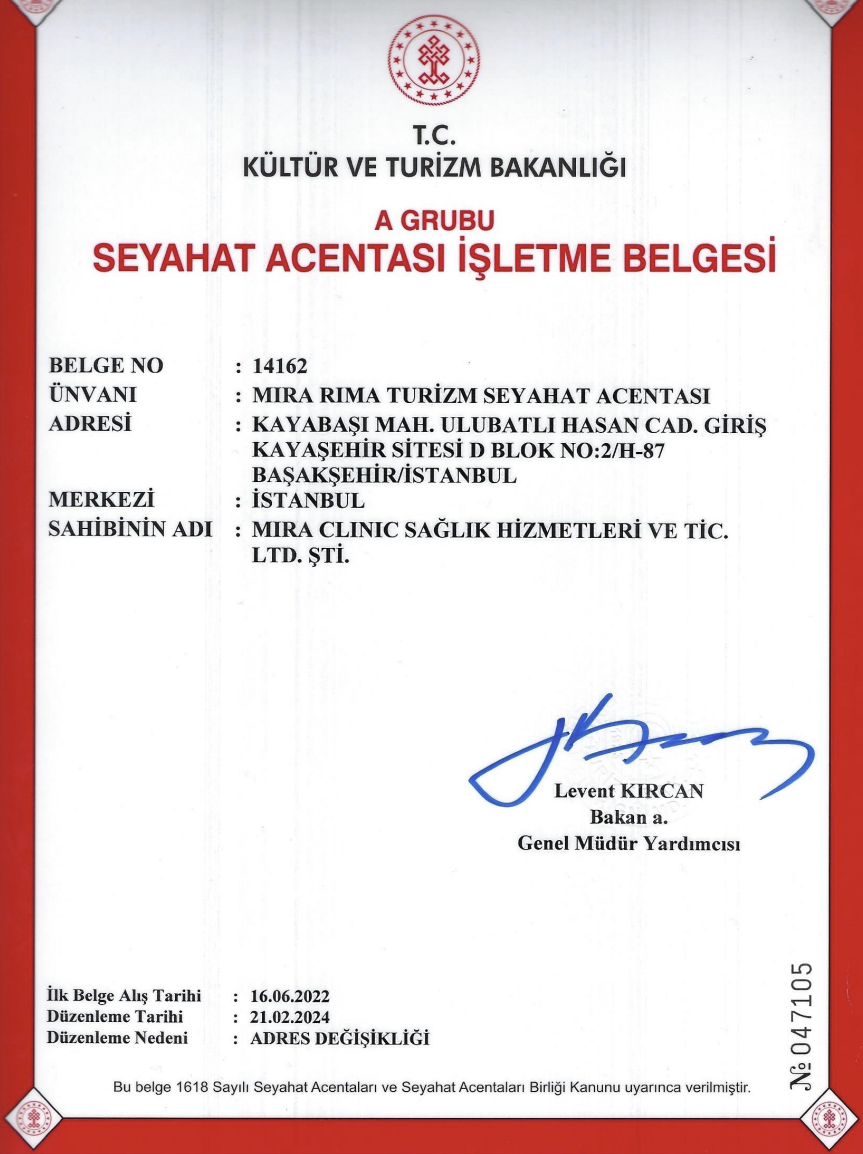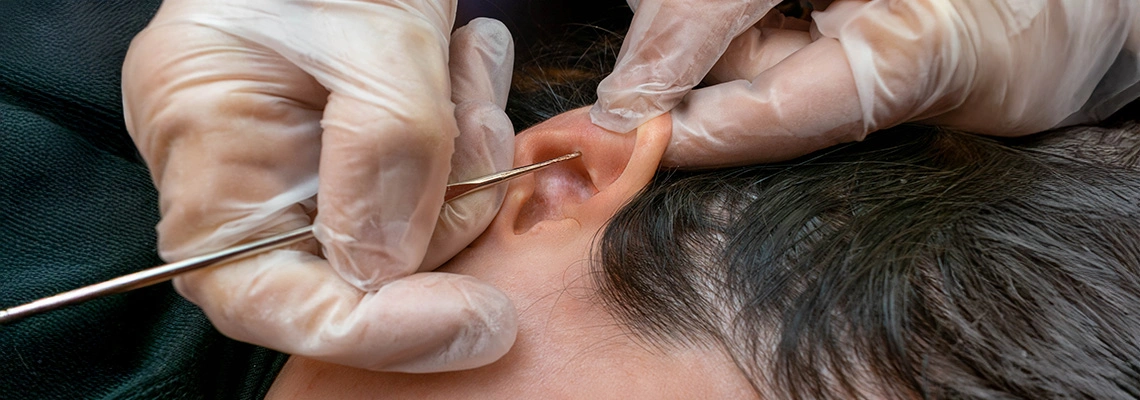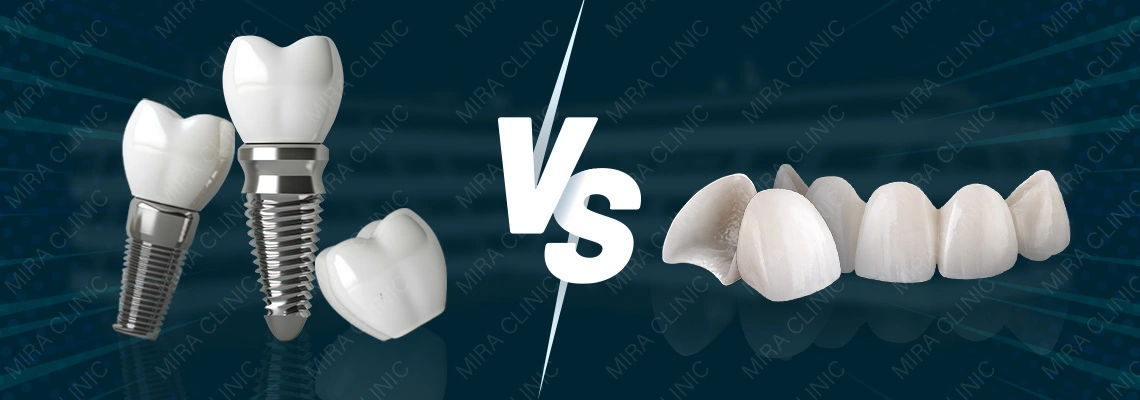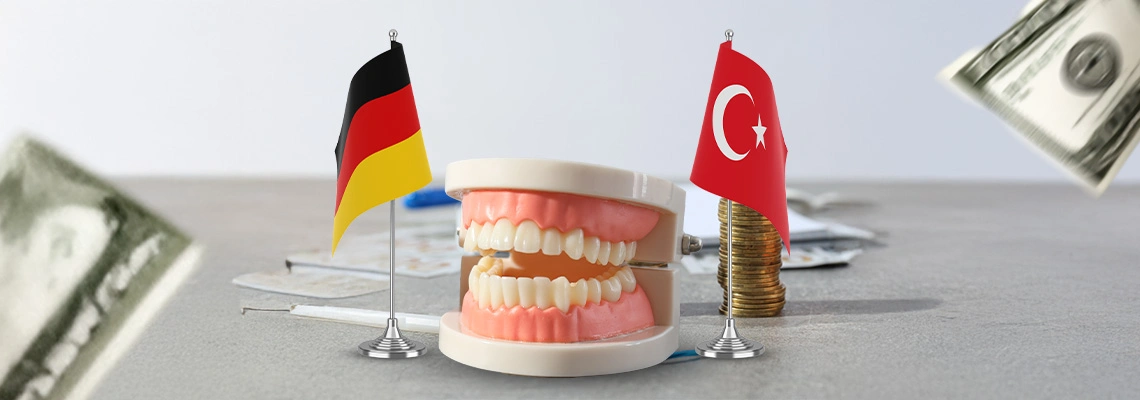Contents
- What you need to know about Gastric Band
- What is the Gastric Band process?
- Are you the right candidate for the gastric band operation?
- What are the benefits and drawbacks of using a Gastric Band?
- What are the operation's secondary effects?
- How does one prepare for a gastric Gastric Band procedure?
- What may you possibly wait for throughout the procedure?
- What should one expect following surgery?
- How much does a Gastric Band cost?
What you need to know about the Gastric Band
Many people who are overweight or obese feel discouraged and try a variety of weight-loss methods, including healthy eating, exercise, and appetite suppressant medications, but often with little to no noticeable success.
Recently, weight loss surgeries, sometimes referred to as bariatric surgeries, have gained enormous popularity among both men and women throughout the world. There are several alternatives for bariatric procedures, some of which are surgical and others of which are not.
A surgical procedure to treat obesity is called a gastric bypass. It helps severely overweight people reduce their daily calorie intake in order to lose weight and improve their health.
What is the Gastric Band process?
The anneau gastrique procedure, also known as the anneau gastrique operation, involves wrapping an adjustable band around the top of your esophagus to form a small pouch to hold food.
They work by limiting the amount of food you eat, which makes you feel rassasied more quickly than usual and causes you to lose weight as a result.
Are you the right candidate for the gastric band operation?
In general, this gastric annealing device may be the best choice for you if:
- An index of body mass (IMC) of 40 or higher
- Your body mass index (IMC) is 35 or above, and you may have health issues that can be resolved by losing weight.
- You've tried to lose weight by eating healthfully, exercising, and using appetite-suppressant medications for more than six months without success.
- You may make a commitment to regularly performing health assessments and changing your way of life.
In some circumstances, your doctor might not advise you to get this surgery if:
- The age is under 18 years old.
- Dependence on alcohol or drugs.
- suffering from digestive issues like ulcères.
- You have a respiratory or cardiac disease.
Keep in mind that you shouldn't have weight loss surgery before trying all realistic weight loss methods.

What are the benefits and drawbacks of using a gas band?
Some benefits of a gas appliance include:
- Potential for long-term weight loss for overweight people.
- Recover in a more expedited period of time.
- Possible infection risk.
- Reduced risk of diabetes, arterial hypertension, urinary incontinence, and other health issues linked to obesity.
- No reduction in nutrient absorption.
The disadvantages are:
Compared to other procedures like gastro-intestinal surgery, there was less weight loss.
After surgery, there is always a risk of weight gain.
What are the operation's secondary effects?
People have a tendency to take specific risks after this surgery. There are little risks associated with this technique.
The most common secondary effects following a gastric bypass include:
- Nausea and vomiting, which may frequently be controlled by adjusting the anneau's étanchéity.
- A stomach pain.
- In contrast to other weight loss surgeries, this procedure does not interfere with how well food is absorbed.
As a result, vitamin deficiency is uncommon following a gastric meal.
How does one prepare for a gastric band procedure?
Before scheduling the procedure, you will meet with your surgeon, who:
The doctor will do physical examinations, an endoscopy of the esophagus, and order a number of laboratory tests.
Verify your medical history by asking several questions about your medical conditions, prior surgical procedures, digestive issues, and, if applicable, the medications used.
You should outline all the benefits and drawbacks of this process.
Your doctor will give you specific instructions on how to be ready for the procedure if you are eligible for a gastric anneau, such as:
- Avoid using some medications the night before, such as aspirin, to prevent seizures.
- Several days before the procedure, follow a low-grain diet.
- 12 hours before to the treatment, refrain from eating and drinking.
You must be certain that the surgeon you select can deliver the desired results without making medical errors.
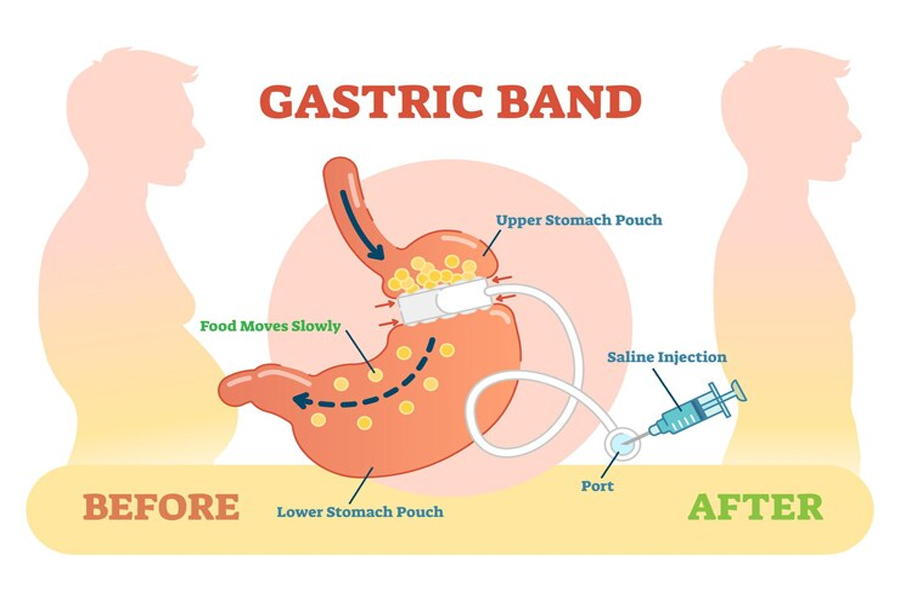
What may you possibly wait for throughout the procedure?
As the gastric annex will be performed under general anesthesia, there won't be any discomfort for you. The doctor will start by making several small incisions in the abdomen. Through these incisions, the doctor will insert a tiny camera (laparoscope) into the belly, enabling him or her to clearly view the abdominal region.
The doctor will next create a tiny poche with a little opening by wrapping an anneau around the top of your estomac. Your estomac will split in two due to the anneau. Food enters the portion above the section below to provide a feeling of fullness with little amounts of food, and then slowly moves from the area above the section below to the section below. The doctor will next attach this anneau to the injection port. The purpose of the injection port is to increase or decrease the portion of the estomac that is related to the needs.
Your surgeon will use soluble suture points to close the abdominal incisions to complete the procedure. The gastric exam typically lasts between 30 and 60 minutes and does not require an intra-abdominal cut or agraft.
What should one expect following surgery?
The recovery period for the gastric anneal differs from that of other obesity treatments. In general, compared to certain bariatric procedures like the gastric bypass, there is less of a need for hospitalization and a shorter recovery time.
You will be in the recovery room following this procedure, where medical staff will keep an eye on you to prevent any complications. You can frequently return home a few hours after surgery or rarely, if necessary, a night.
You will experience discomfort and pain. Do not worry; the doctor has prescribed analgesics, and these feelings will subside in a few hours. Additionally, the doctor will advise you to adhere to a rigorous post-operative regimen for the first month, which includes:
- You'll start adhering to a diet that only consists of liquids, like soup, for the first week following the procedure.
- You're allowed to consume liquids and pureed foods, such as yogurt and pureed vegetables, for the first four weeks.
- Once the first month is through, you can start eating regular foods.
You are able to return to work after one week, whereas you may often resume your normal activity after around six weeks.
How much gastric band cost?
Cost is one of the most crucial factors when thinking about the key elements associated with any medical procedure. Weight loss procedures are quite expensive treatments, so you need to choose a place where you can combine reasonable costs with top-notch services.
Recent years have seen an increase in the number of people traveling from all over the world to Istanbul to receive medical services. Reasonable prices compared to other places, highly qualified doctors and top notch medical services are the reasons for this.

